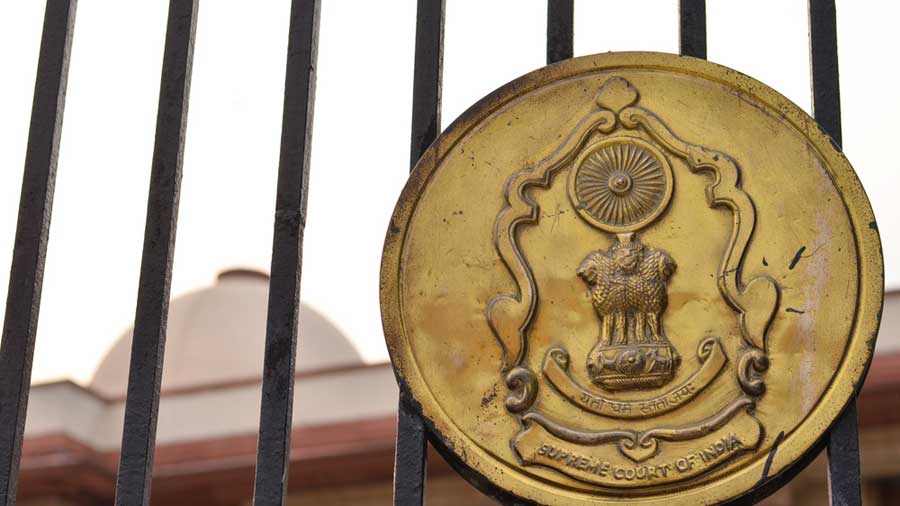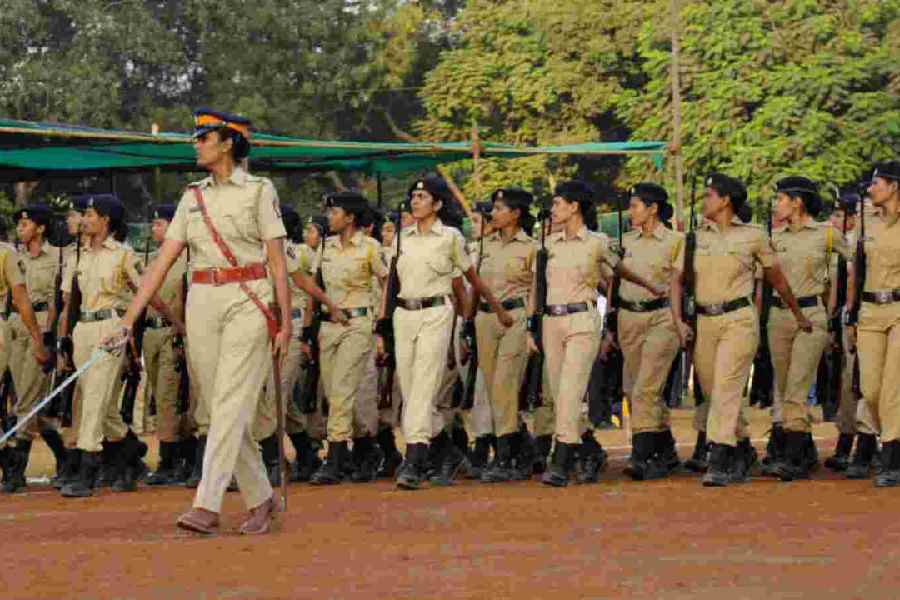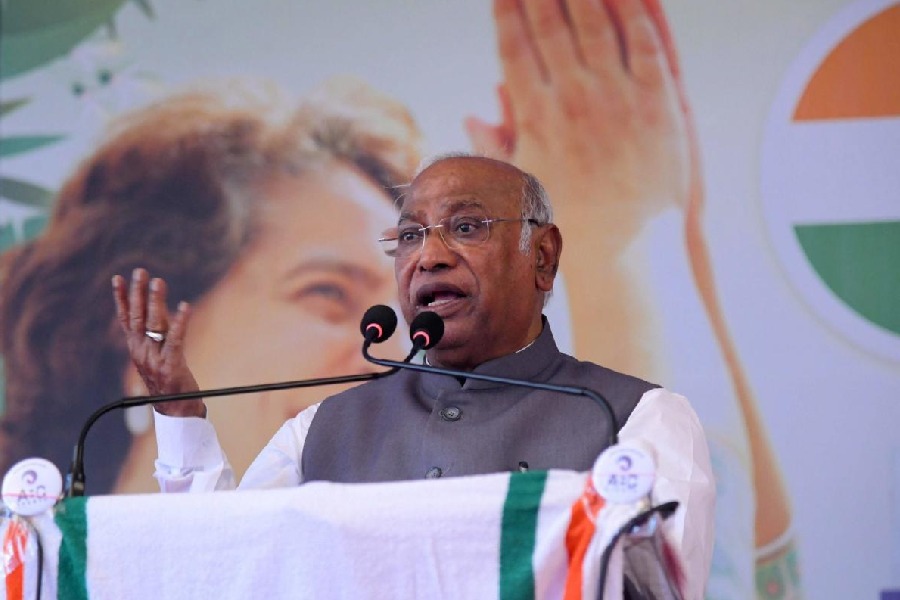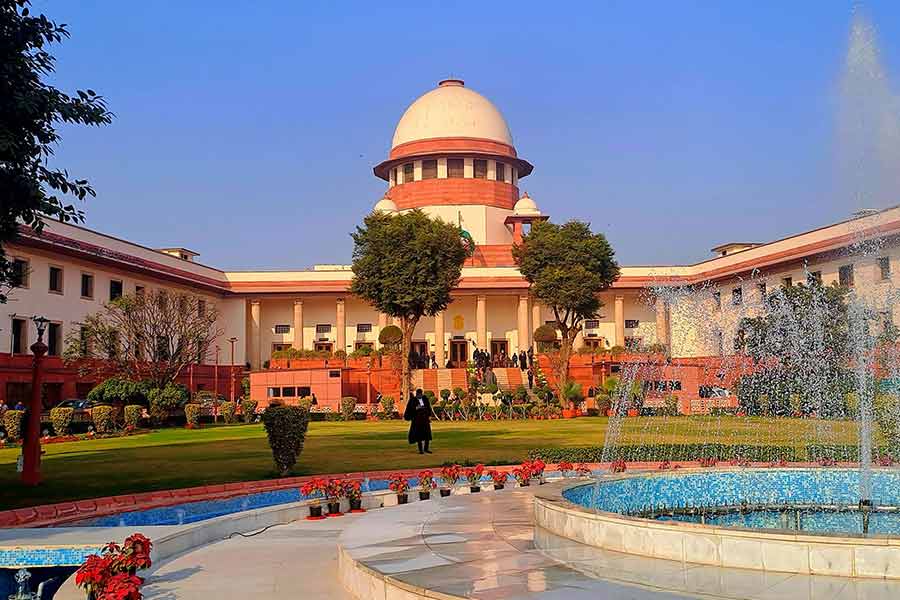The Supreme Court on Wednesday issued notice to external affairs minister S. Jaishankar on Congress leader Gaurav Hemantbhai Pandya’s appeal challenging his Rajya Sabha election from Gujarat in July last year, on the ground that the Election Commission should not have held separate elections for the two seats vacated by Union ministers Amit Shah and Smriti Irani. The court also issued notice to another BJP MP, Jugalsinh Mathurji Lokhandwala, who also got elected from Gujarat, on the petitions filed by two other unsuccessful Congress candidates Paresh Kumar Dhirajlal Dhanani and Chandrikaben Kanjibhai Chudasama raising the same plea.
Pandya and the two others have moved the apex court after Gujarat High Court on February 4 dismissed their petitions challenging the two BJP candidates’ election on the ground that the poll panel had acted illegally by conducting separate polls to the two RS seats vacated by Shah and Irani, after they got elected to the Lok Sabha.
Senior advocate Harish Salve, who was present in the court, on a caveat accepted the notice on behalf of Jaishankar and said he would file his response to the petition.
Pandya had challenged the election of Jaishankar on the ground that the EC could not have issued separate notifications to fill up the vacant seats as according to him the elections for the two seats ought to have been held simultaneously under the rules and not separately.
The Congress had earlier accused the EC of deliberately issuing two separate notifications to fill up the seats as the party did not have sufficient numerical strength in the Gujarat Assembly to get its own candidate elected if the elections are held separately.
A bench headed by Chief Justice of India S.A. Bobde, while issuing the notice, told senior advocate Kapil Sibal appearing for Pandya that it will hear the matter at the earliest on a “short date, on a non-miscellaneous day”. The bench, which included Justices A.S. Bopanna and V. Ramasubramanian, however, did not specify the date of hearing.
According to the Congress leaders, the EC had acted in an “arbitrary” and “mala fide” manner by issuing separate notifications for holding separate elections to the two vacant seats instead of conducting the process in one single instalment.
It was submitted that the EC’s decision was totally contrary to the rules framed under The Representation of the People Act, 1951, which mandated that elections to the vacant seats should be held simultaneously and not separately.











